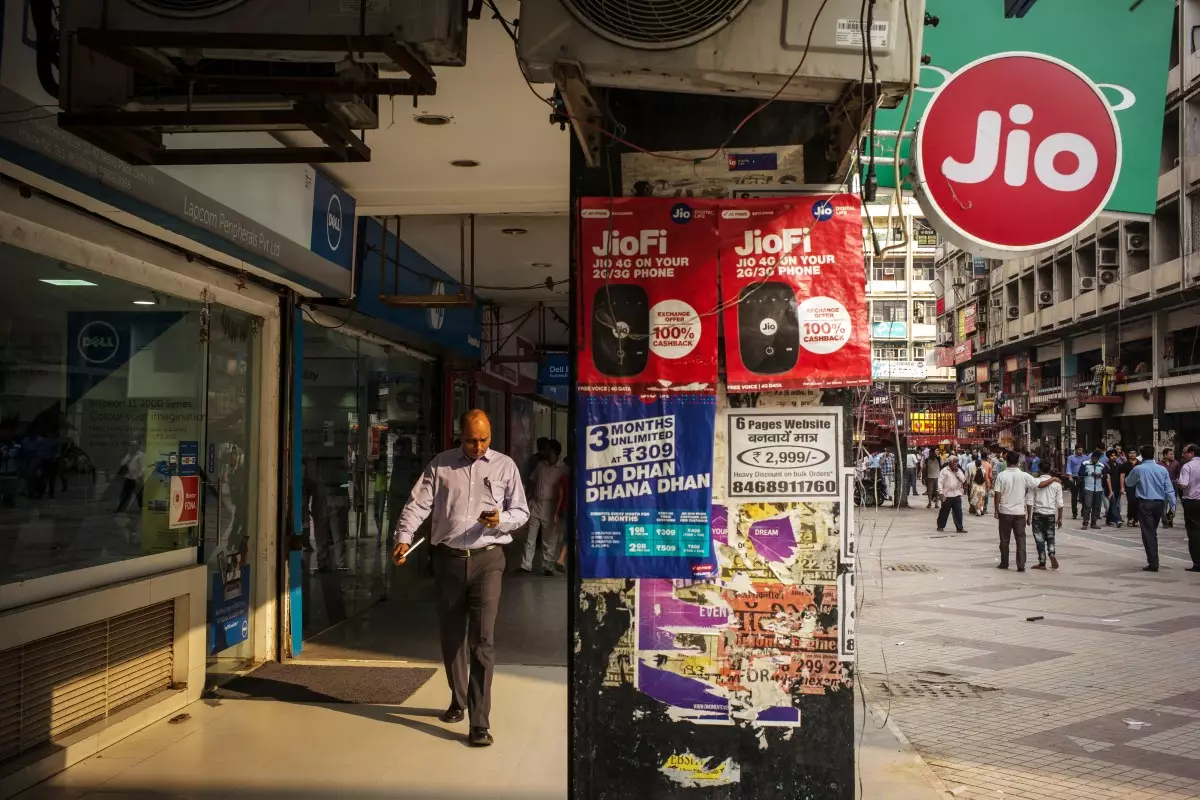The recent decision by the Indian government to remove several notable Virtual Private Network (VPN) applications, including Cloudflare’s 1.1.1.1, from mainstream platforms like Apple’s App Store and Google Play Store has stirred a significant debate around digital privacy and cybersecurity in India. This unprecedented action reflects a growing concern regarding online data security, governmental oversight, and the balance of privacy rights in a rapidly evolving digital ecosystem.
In a powerful move that underscores its regulatory authority, the Indian Ministry of Home Affairs directed the removal of various VPN applications, primarily using the rationale that these platforms violate existing laws. Official documents and disclosures indicate that entities like the Indian Cyber Crime Coordination Center were instrumental in generating these mandates, branding the affected developers’ services as non-compliant. The withdrawal of prominent VR services, such as Hide.me and PrivadoVPN, signifies a more rigorous approach by authorities to regulate the digital landscape.
The 2022 Regulatory Framework on VPNs
This enforcement action is rooted in the framework established in 2022, which necessitates stringent compliance measures from VPN and cloud service providers. Under these new rules, entities must maintain extensive records of user information, including personal identities, addresses, and user activity, for a duration of five years. While this may be viewed as a step towards bolstering national security and combating cybercrime, the implications for individual privacy rights are alarming and merit serious consideration.
The backlash from industry leaders has been swift and notable. Major VPN providers such as NordVPN, ExpressVPN, and SurfShark have expressed their discontent with such stringent operational requirements. Their hesitation stems from concerns about user privacy and potential misuse of user data by governmental agencies. Furthermore, these companies have signaled intentions to rethink their operational strategies within India’s borders, with some considering the withdrawal of their infrastructure entirely, although still catering to Indian users indirectly.
The scenario presents a classic clash between the interests of national security and the imperatives of individual privacy. Advocates for digital rights argue that such government overreach undermines the principles of free expression and privacy, essential components of a liberal democracy. On the other hand, proponents assert that regulatory measures are necessary to protect citizens from rising threats in a digital-first society. Navigating this complex landscape will require nuanced discussions and a commitment to balancing these competing values.
As the situation continues to unfold, the ramifications of the Indian government’s actions will likely resonate beyond its borders, influencing global discussions around internet governance and user privacy. The careful examination of these dynamics is crucial, as they will shape the future of VPN usage and the kind of digital climate consumers can expect. Ultimately, the challenge lies in finding an acceptable middle ground that safeguards both digital security and fundamental privacy rights in the age of information.

